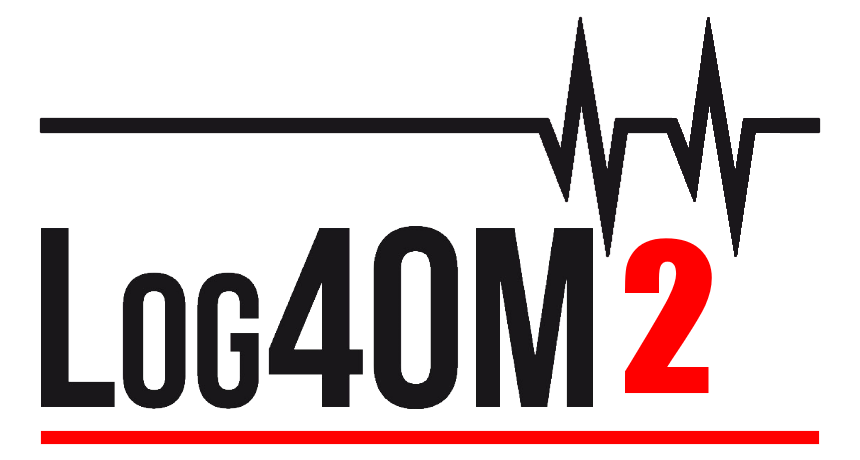Release note – Version 2.36.1.0
As some of our users seem very concerned about this change, even though the change won’t have any real effect on normal usage, we have made the optimization of the mode list totally optional and it is disabled by default.
To turn this feature on see the Program settings tab in the Program Config in the latest release.
- Added a user option in Program Config/Program settings to enable/disable optimized mode list (disabled by default)
- CAT control available bands is now following user preferences (preferred bands)
- Added small popup on AWARD selection that shows the full award name.
- [FIX] Fixed issue on mode combo
